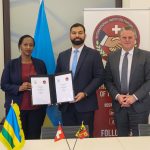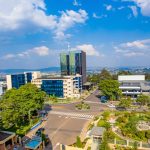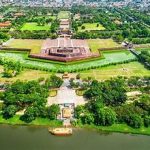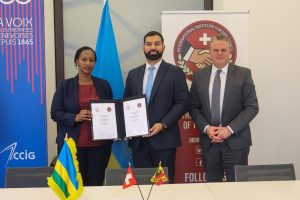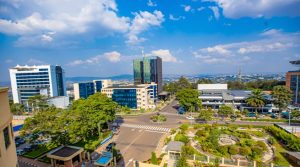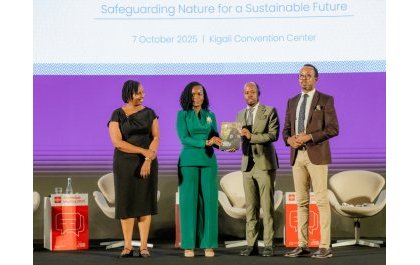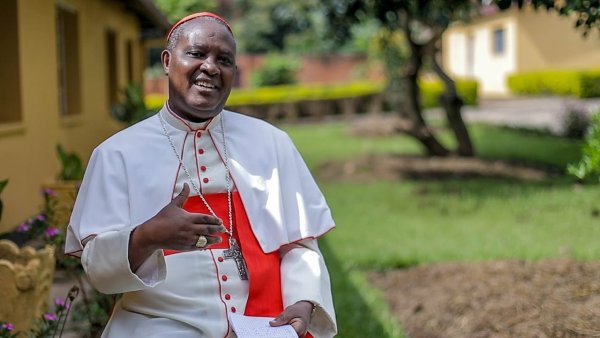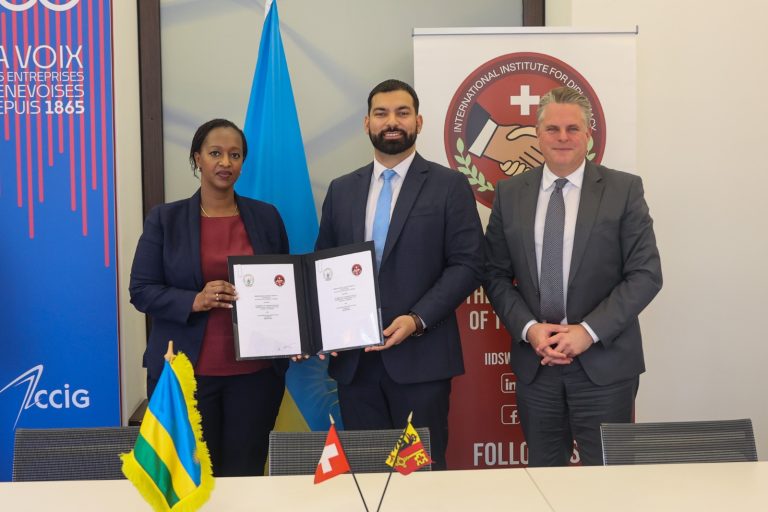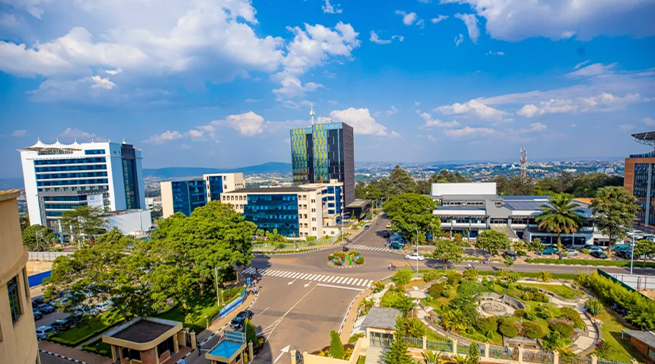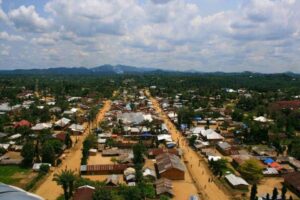The government of Rwanda unveiled a new investment policy to finance environmental conservation and biodiversity protection projects. They announced that Rwf 300 billion (approximately USD 240 million) is needed to achieve their biodiversity targets by 20
The policy was presented on Tuesday, October 7, 2025, during the annual general meeting of the International Organization for Standardization (ISO), which was held in Kigali.
The policy seeks to attract sustainable investments in projects that mitigate climate change and promote biodiversity conservation as part of Rwanda’s broader sustainable development agenda.
Rwanda has made significant commitments toward restoring and protecting ecosystems, including reintroducing extinct wildlife species into national parks and expanding protected areas. Rwanda is also part of the global “30×30” initiative, which aims to protect 30% of land and oceans by 2030. The country is targeting an expansion to 50% by 2050.
Juliet Kabera, director general of the Rwanda Environment Management Authority (REMA), said the policy reinforces the country’s ongoing efforts to protect biodiversity through cross-sectoral actions. “This framework outlines the measures we’ve implemented to protect biodiversity through agriculture, tourism, forest restoration, and other important sectors,” Kabera explained. “Investing in biodiversity conservation benefits people and the planet. It ensures access to clean water, fresh air, and a stable environment.”
The new strategy builds on the National Climate and Nature Finance Strategy (NCSNFS), launched in October 2024. The NCSNFS estimated that Rwanda would need between Rwf 131.6 billion and Rwf 145.3 billion to effectively implement its initial environmental goals.
The Minister of Environment, Dr. Bernadette Arakwiye, emphasized that investing in biodiversity is vital because over 65% of Rwandans depend on agriculture, forestry, and tourism for their livelihoods. “More than 65% of our population relies on nature-based sectors,” Dr. Arakwiye noted. “That’s why the Government of Rwanda continues to invest heavily in protecting natural ecosystems.”
She also warned that without urgent global action, up to 25% of the world’s animal and plant species could face extinction in the coming years, which would have devastating economic consequences.
During the session, Rwanda and its partners introduced the first international biodiversity conservation guidelines, outlining principles and best practices for governments, decision-makers, and citizens to protect natural ecosystems.
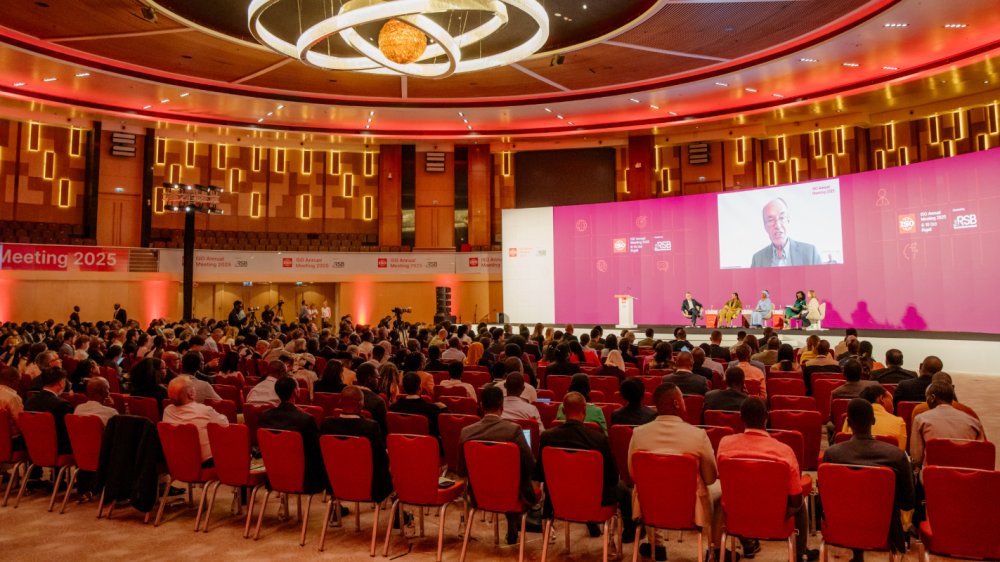
Author: Justinmind HARERIMANA

